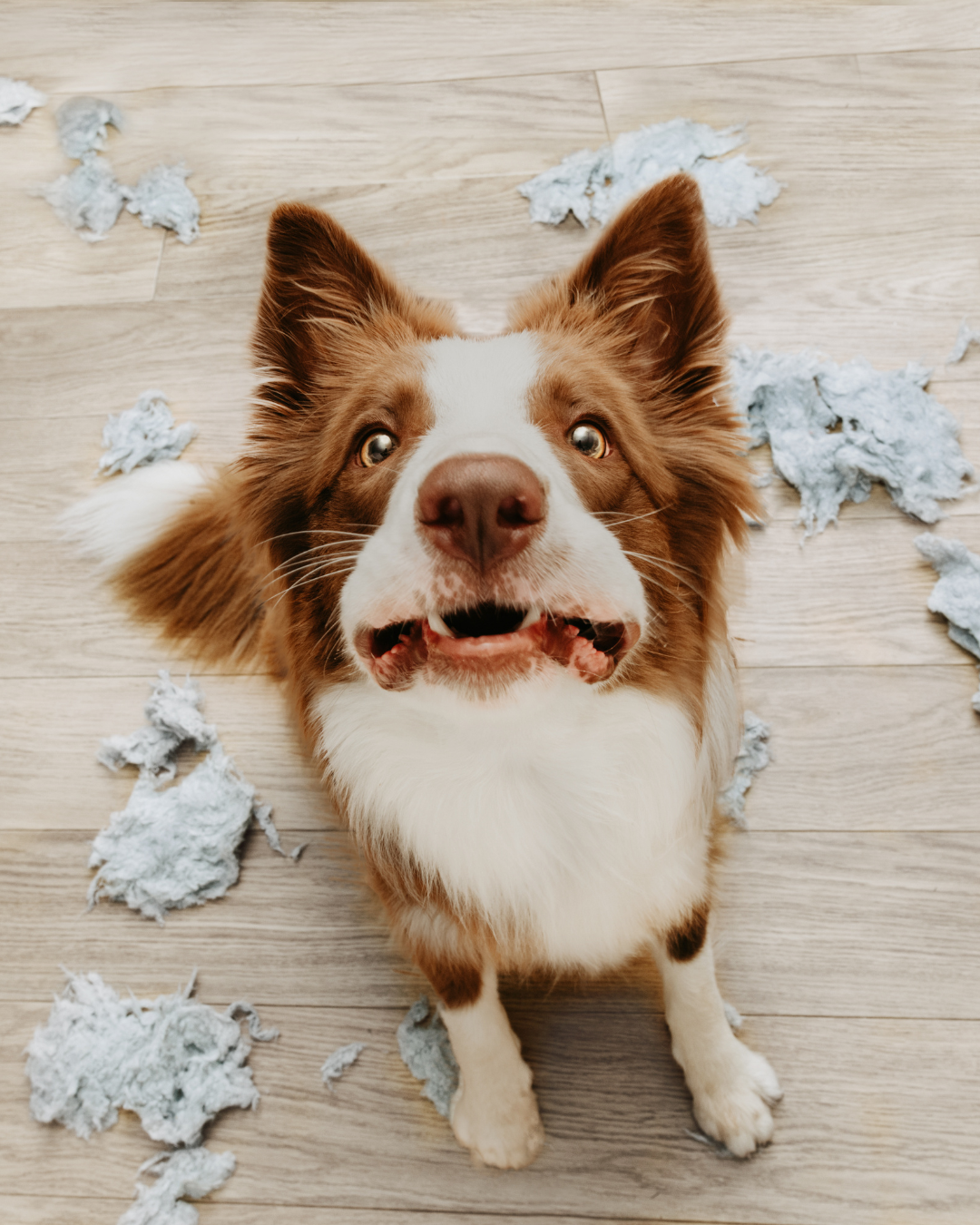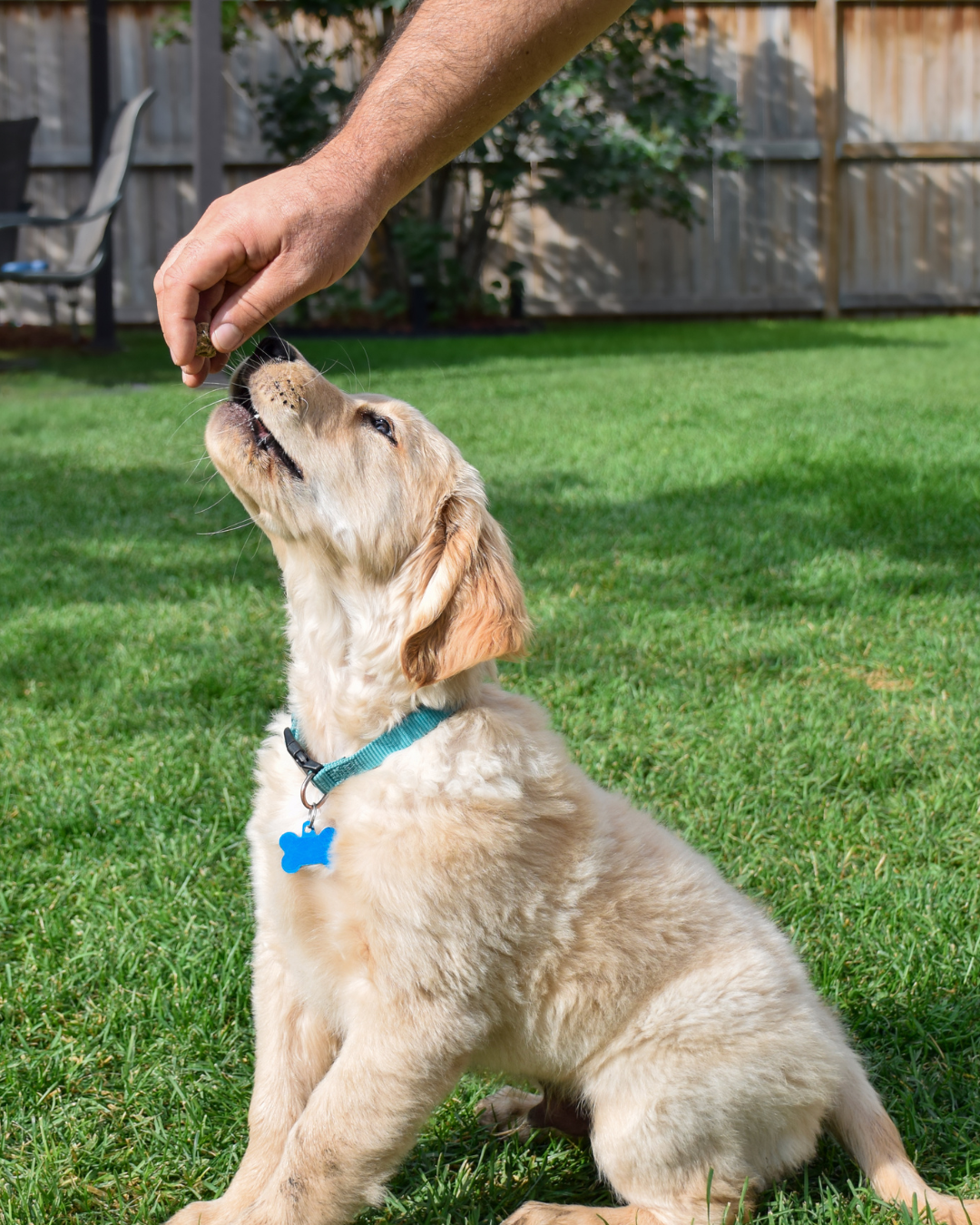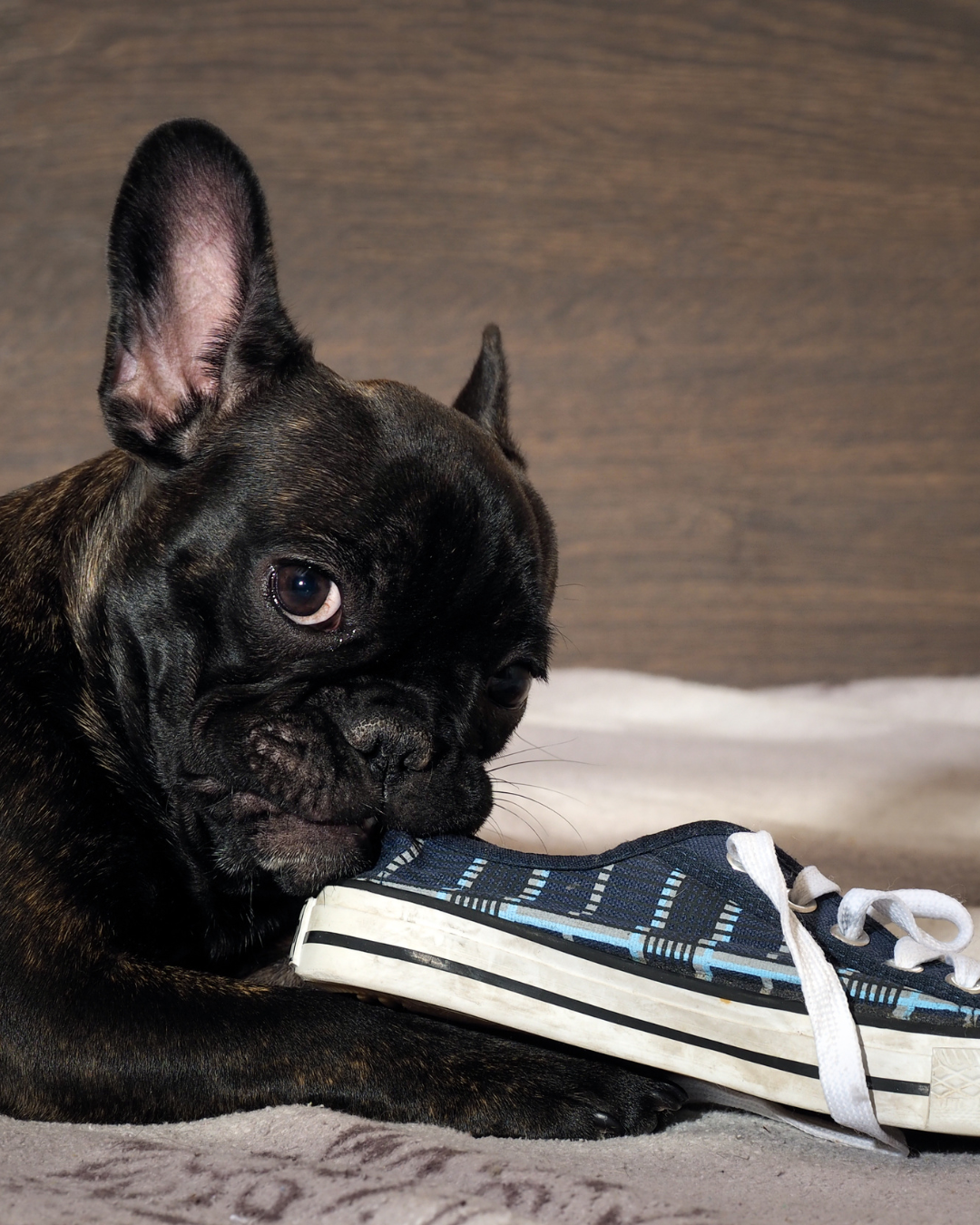737-215-3211

Tips and Tricks for Dealing with Separation Anxiety in Puppies
Let's face it. You love your new puppy and your puppy adores you. But what happens when you have to leave your furry friend alone at home? Separation anxiety in puppies can be a real challenge. So, what can you do about it? This article will provide a series of useful tips and tricks to help you manage this issue effectively.
Understanding Puppy Separation Anxiety
Before we dive into the solutions, let's try to understand the problem. What exactly is puppy separation anxiety?
Symptoms of Separation Anxiety in Puppies
Separation anxiety is a complex issue. However, common signs include excessive barking or howling, destructive chewing, urination or defecation in the house, and excessive salivation. Recognize any of these in your pup? If yes, your puppy might be experiencing separation anxiety.
Causes of Separation Anxiety in Puppies
Why do puppies develop separation anxiety? Various factors contribute to this condition, such as a change in routine, relocation, lack of socialization, or traumatic experiences. But remember, it's not your puppy's fault. It's a condition that needs your understanding and patience.
How to Manage and Reduce Puppy Separation Anxiety
Now that you understand the problem, let's move on to the solution. Here's how you can manage and reduce your puppy's separation anxiety.
Gradual Desensitization
Gradual desensitization is an effective approach to managing puppy separation anxiety. Start by leaving your pup alone for short periods, gradually increasing the time you're away. This helps your pup adjust and understand that you will come back.
Developing a Calm Environment
Role of Toys and Puzzles
Toys and puzzles can be great distractions and help ease anxiety. Providing your pup with a favorite toy or a puzzle filled with treats can keep them occupied while you're away.
Importance of Exercise
Exercise plays a crucial role in managing separation anxiety. A well-exercised puppy tends to be more relaxed and less anxious. Try taking your puppy for a walk or play before you leave the house.
Training Approaches for Separation Anxiety
Reward-based Training
Reward-based training is another method to reduce anxiety. Reward your puppy when they stay calm as you're preparing to leave or upon your return. This reinforces positive behavior.
The "Out-of-Sight" Method
The "Out-of-Sight" method involves training your puppy to stay calm even when they can't see you. Start by stepping out of sight for a few seconds, then gradually increase the time.
When to Seek Professional Help
If your puppy's anxiety continues despite your best efforts, it may be time to seek help from a professional. A certified behaviorist or veterinarian can provide additional strategies and treatments.
Prevention of Separation Anxiety in Puppies
Remember, prevention is better than cure. Implementing these strategies from the start can help prevent separation anxiety from developing in your puppy.
Dealing with separation anxiety in puppies can be tough. But with understanding, patience, and a bit of trial and error, you can help your furry friend navigate this challenge. Remember, every puppy is unique, and what works for one might not work for another. So, keep trying different strategies and find what suits your puppy best.
FAQs
What is separation anxiety in puppies?
Separation anxiety in puppies is a distress condition that occurs when a puppy is left alone or separated from their owner.
What are the symptoms of separation anxiety in puppies?
Symptoms can include excessive barking, destructive chewing, urination in the house, and excessive salivation.
How can I help my puppy with separation anxiety?
Strategies include gradual desensitization, creating a calm environment, and various training methods.
When should I seek professional help for my puppy's separation anxiety?
If your puppy's anxiety persists despite implementing the strategies mentioned, it may be time to seek help from a professional.
Can separation anxiety in puppies be prevented?
Yes, implementing strategies like gradual desensitization, creating a calm environment, and reward-based training from the start can help prevent this condition.





Leave a comment